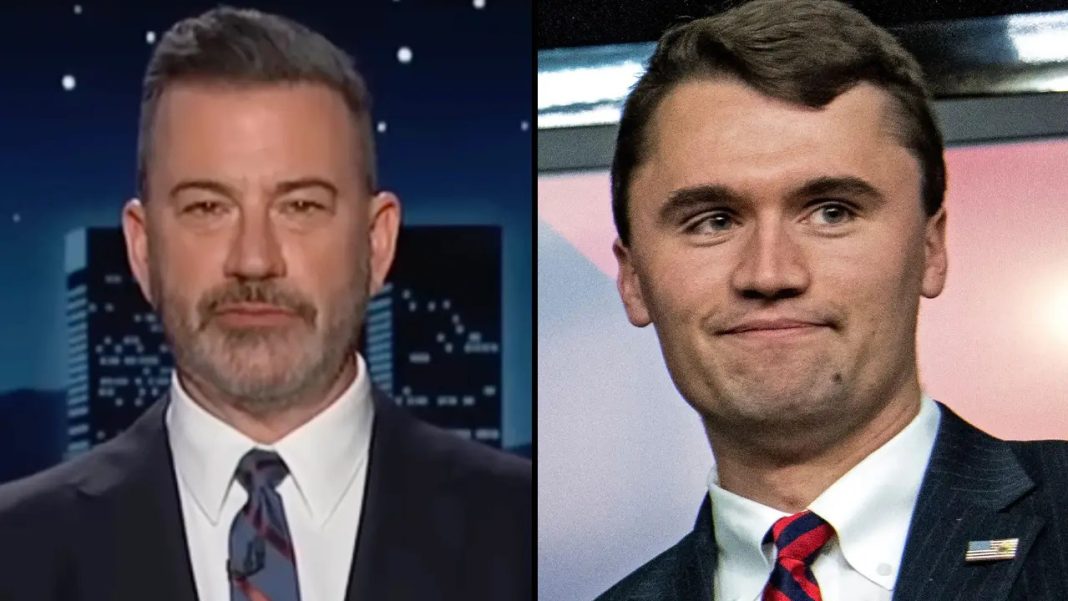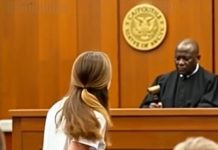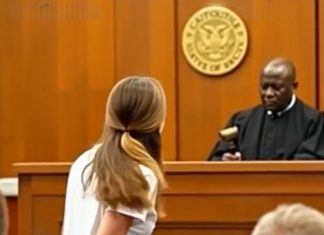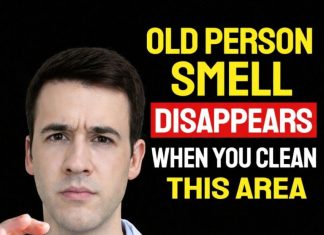Jimmy Kimmel’s Suspension: A Deep Dive into the Controversy
In a shocking turn of events, Jimmy Kimmel has been indefinitely suspended from his late-night television show, Jimmy Kimmel Live! This decision marks a significant moment in the ongoing cultural and political tumult in the United States, particularly following the tragic assassination of Charlie Kirk, a prominent conservative figure and founder of Turning Point USA. ABC’s announcement on Wednesday night came just hours after severe warnings from the Trump-appointed chairman of the Federal Communications Commission (FCC), Brendan Carr, who threatened broadcasters with potential fines and license revocations if they did not take action against Kimmel’s remarks. The gravity of this decision reflects not only the immediate aftermath of a tragic event but also the broader implications for media freedom and political discourse in America.
The controversy erupted after Kirk, 31, was fatally shot while on a speaking tour in Utah, leaving his supporters and political allies reeling. The arrest of Tyler Robinson, 22, who now faces charges including aggravated murder, has further polarized the narrative surrounding Kirk’s death. Critics have pointed to claims from President Donald Trump and Vice President JD Vance, who suggested that ‘left-wing extremism’ played a role in the killing, amplifying the political divide. In the wake of the tragedy, flags were flown at half-mast in Kirk’s honor, and the political ramifications became a focal point in an already contentious landscape. The media’s portrayal of events and reactions from various political factions reveal the deep-seated divisions that persist in American society.
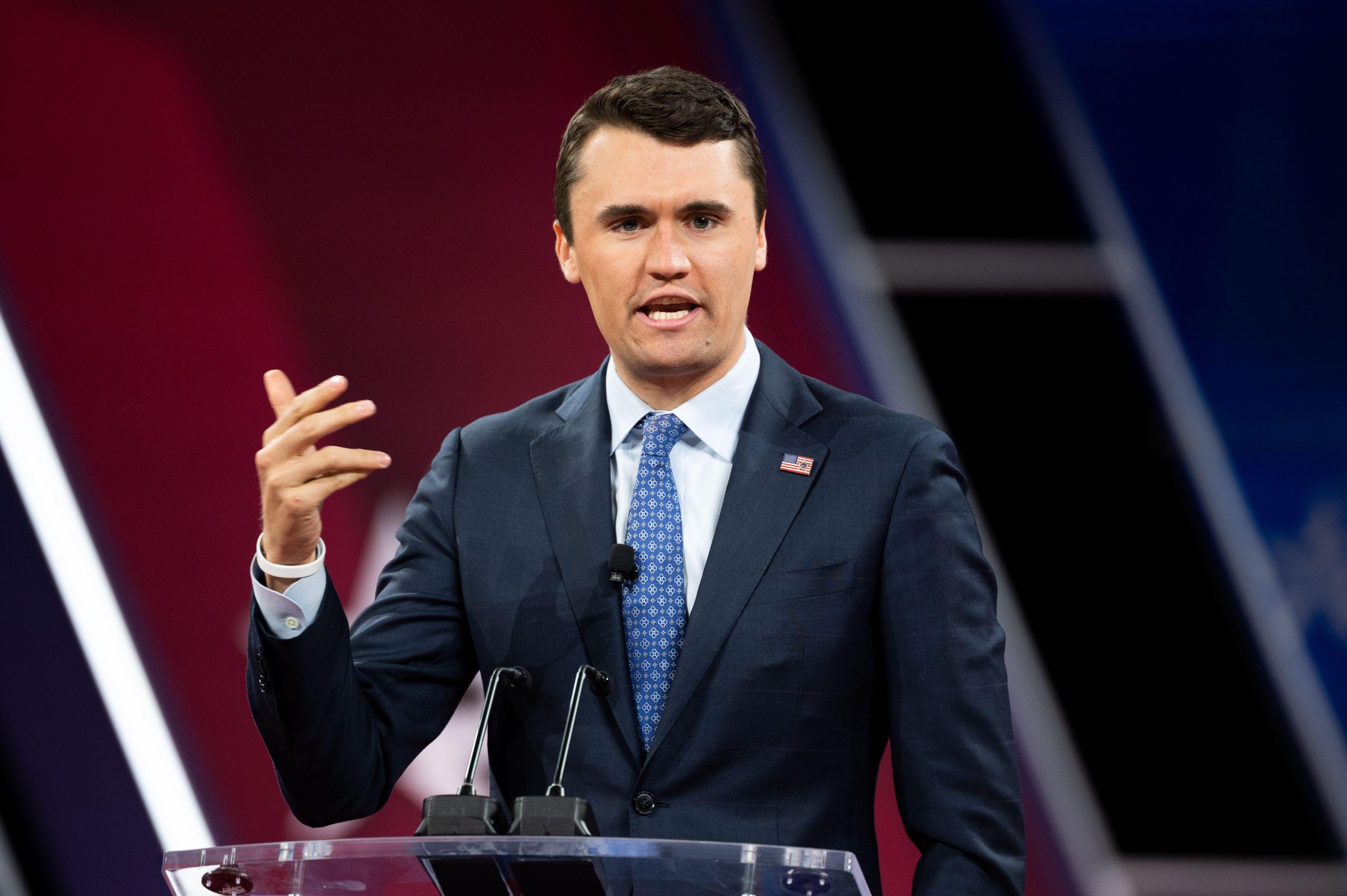
Following Kimmel’s comments, which many have deemed inappropriate given the context of Kirk’s death, FCC Chairman Carr expressed his views on a conservative podcast, unequivocally warning broadcasters that they risked significant repercussions if they continued to air Kimmel’s show. His statement, “We can do this the easy way or the hard way,” indicates a desire to exert governmental pressure on media outlets, leading to widespread backlash and discussions about the implications for free speech and media freedom in a democratic society. This assertion of regulatory power raises questions about the boundaries of acceptable speech in the media landscape and whether government intervention undermines the very tenets of free expression enshrined in the First Amendment.
In less than a day, major broadcasting companies began to pull Kimmel’s show from their schedules. Nexstar Media, a giant in the television industry, announced it would preempt Kimmel’s show “for the foreseeable future,” and Sinclair Broadcast Group followed suit, opting to run a tribute to Kirk instead. This rapid response raises questions about the role of corporate interests in media decisions, particularly when aligned with government directives. Such actions point to a chilling effect on media outlets, where the fear of governmental retribution may lead to self-censorship among content creators, stifling diverse opinions and critiques that are essential for a healthy democracy.
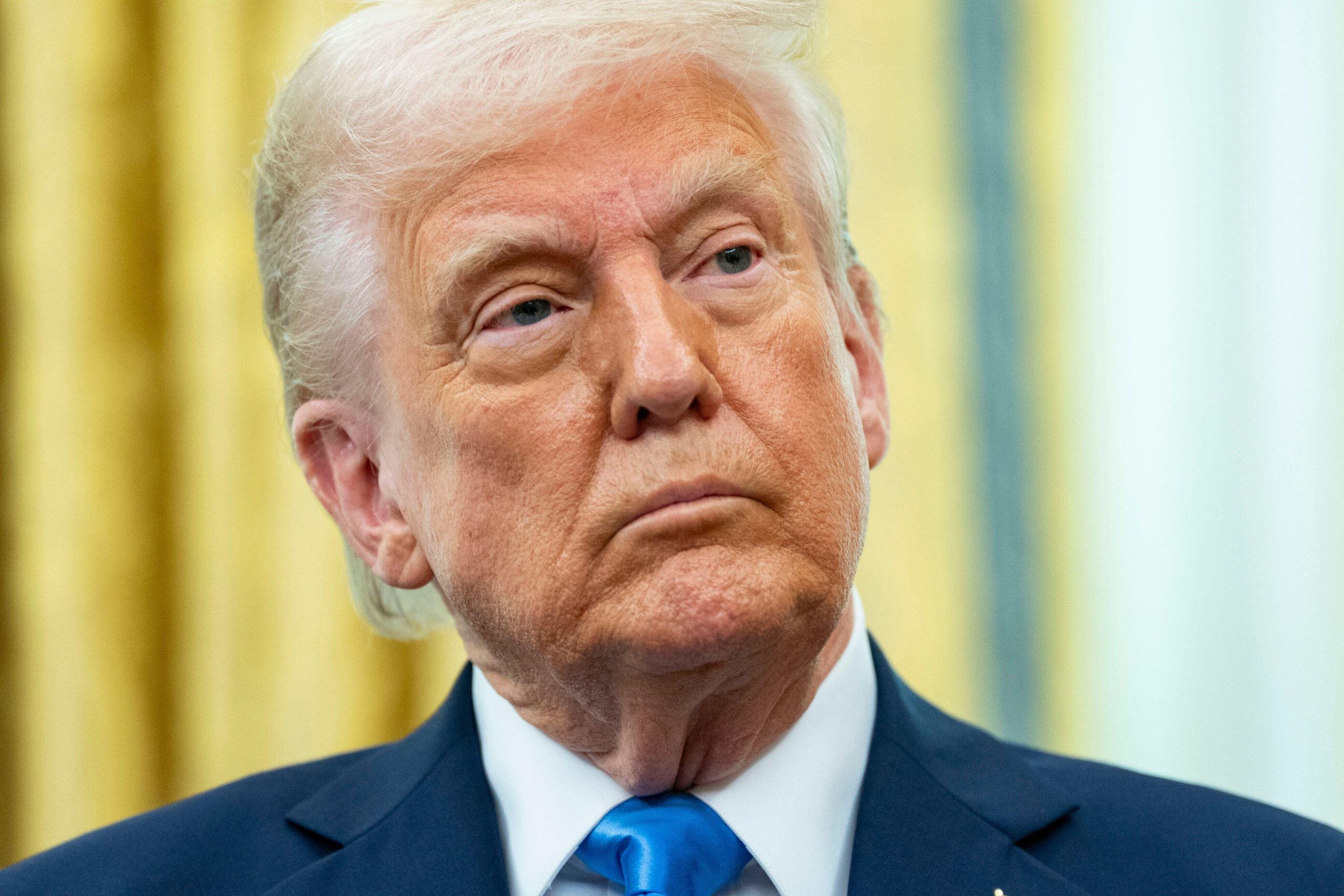
The political implications of Kimmel’s suspension resonate deeply in contemporary America. President Trump, while on a diplomatic visit to the UK, praised the decision on social media, interpreting it as a victory for conservative values and a blow to dissenting voices in the media landscape. Trump’s remarks included a striking message directed at other late-night hosts, suggesting they could be next if they continue to voice criticism of his administration. This presents a worrying trend in which entertainers and journalists may feel pressured to self-censor to avoid potential backlash from those in power. The chilling effect of such a climate raises critical questions about the future of political comedy and satire, which have historically served as vital platforms for commentary and critique.
Democratic leaders and advocates for free speech have voiced their concerns, characterizing Kimmel’s suspension as a coordinated effort to silence opposing viewpoints. California Governor Gavin Newsom condemned the actions as dangerous, while Senate Minority Leader Chuck Schumer emphasized that this should alarm individuals on both sides of the political spectrum. Their statements reveal a growing alarm over what many perceive as an attack on the very foundation of free expression in the nation. This incident serves as a rallying point for free speech activists who argue that all voices, regardless of their political alignment, must be protected to ensure a vibrant and functioning democracy.
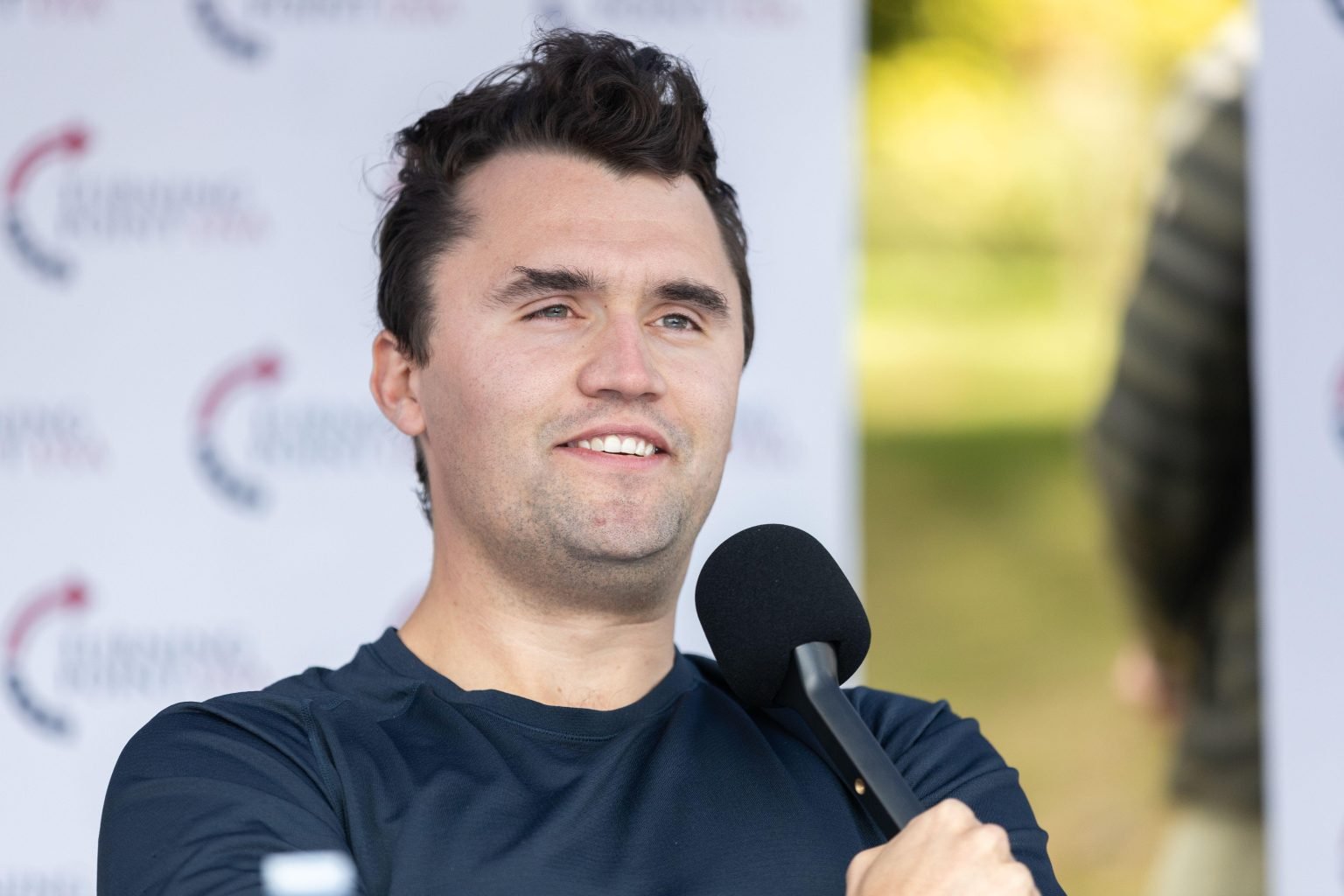
The crux of the controversy lies in Kimmel’s pointed remarks made during his show shortly after Kirk’s tragic demise. Kimmel criticized the MAGA movement for trying to distance themselves from the alleged assailant and for exploiting the situation for political gain. He likened the adult grief exhibited by Trump over Kirk’s death to that of a child mourning a pet. Kimmel’s scathing critiques only intensified the reaction from the political right, leading to calls for accountability that ultimately resulted in his suspension. The backlash against Kimmel illustrates how swiftly public opinion can shift, especially when political figures and media personalities engage in contentious exchanges that resonate with their respective bases.
While Kimmel had previously expressed condolences to Kirk’s family on social media, his on-air remarks were interpreted as crossing the line, particularly during such a sensitive time. Many critics have argued that the response to Kimmel reflects a broader tendency to suppress dissent in the political discourse, raising alarms that the current climate may stifle necessary conversations regarding violence, political rhetoric, and accountability. The immediate fallout from Kimmel’s comments exemplifies the precarious line that public figures must navigate in their attempts to address complex issues while maintaining their platform and audience.
The actions taken against Kimmel have drawn stark comparisons to historical instances of media suppression, with many observers recalling the McCarthy era when dissent was aggressively quelled. The situation has ignited discussions about the precarious nature of media freedom and the influence governmental pressures can exert on content. As traditional media outlets navigate regulatory landscapes and the potential for government intervention, the implications of this incident extend beyond Kimmel’s show, representing a critical juncture for the future of media and expression in America. The lessons gleaned from this controversy may inform how both content creators and audiences approach the evolving landscape of political commentary and satire.
In summary, Jimmy Kimmel’s suspension is not merely a consequence of his comments; it is indicative of a larger battle over free speech and the responsibilities of media figures in a deeply polarized society. As the fallout continues to unfold, the incident serves as a poignant reminder of the delicate balance between expression and accountability in the world of entertainment and politics. The ongoing discourse surrounding this issue will likely shape the interactions between politicians, media personalities, and the public in the coming years, as the struggle for a free and open dialogue persists in an increasingly divided America.

